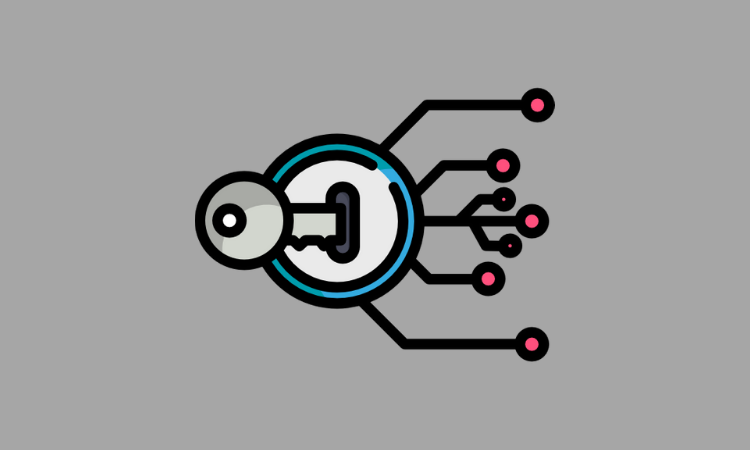Future of Investing
JMP Securities’ Devin Ryan on the impact of free trading on financial services
- Over the past few weeks, major brokerages have eliminated brokerage fees.
- Devin Ryan, MD at JMP, joins us to discuss what the future of financial services looks like.








